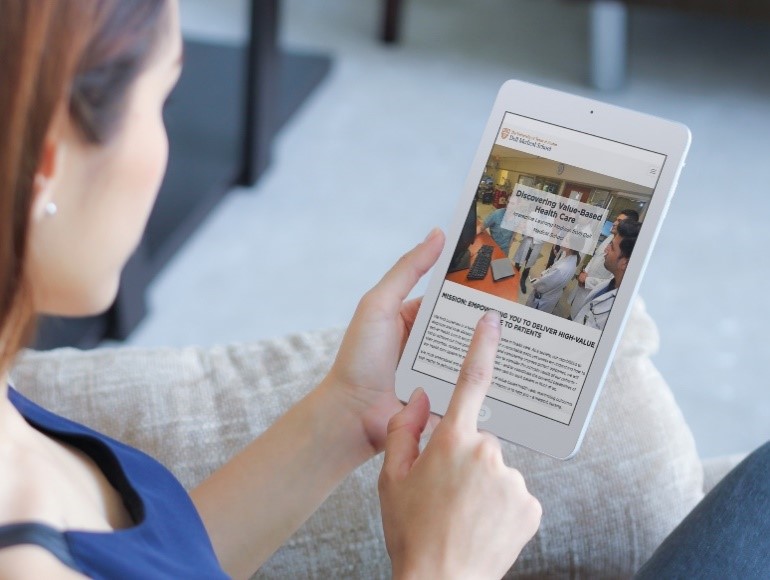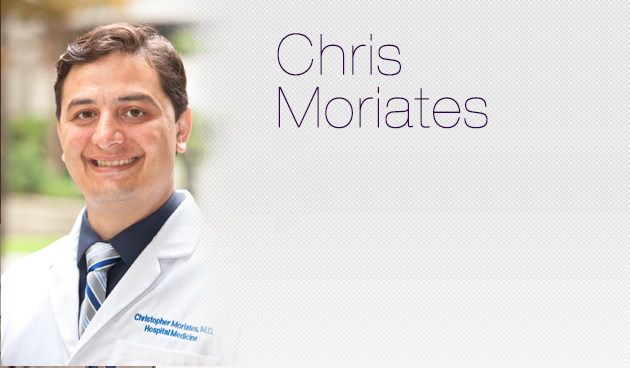It is hard for me to get excited by online modules. Perhaps my reflex repulsion stems from my experience – ok, experiences – completing online traffic school courses. Those timers forcing you to stay on a page for a specific amount of time. The quizzes that might not actually teach you anything.
Maybe you are a more cautious driver than I am, but if so, just think of the last time you had to complete a mandatory online module for your hospital. I doubt it gripped your attention. The future of education may increasingly be online, but I am unconvinced that mandatory online modules are a format that will change the world.
This is why I have spent so much time working with innovative teams to develop interactive learning modules that do not feel like online modules. Vinny Arora and I recently described on this blog our Costs of Care Value Conversation series of videos designed to teach clinicians how to discuss costs with patients, colleagues, trainees, and supervisors.

This time, I want to tell you about a brand new tool we developed at Dell Medical School at The University of Texas at Austin. “Discovering Value-Based Health Care” is a set of interactive, learning modules that teach the foundations of value. Each module includes patient stories, adaptive multimedia, well-referenced information and data, a care redesign case study, and an application exercise.
Our first care redesign case is about how the University of Utah developed a value-driven outcome (VDO) tool that allowed clinicians to focus in on projects that improved care and decreased costs. We include a mock VDO tool using real data that allows you to experience how to use this sort of information to gain insights into target areas for value improvement.
When we discuss costs, we contextualize them with a clinical vignette where you can click each service provided and watch them add up like in an Amazon shopping cart, showing the charge master racking up ridiculous fees. You then can compare what this will cost the patient if she has insurance A versus insurance B versus no insurance. Finally, together we calculate the actual estimated costs based on time-driven, activity-based costing (TDABC).
Development of these modules is supported by a generous gift from the Episcopal Health Foundation, which invested $1 million in Dell Med to create tools to teach about value-based health care. $1 million for medical education! This has allowed us to work with state-of-the-art videographers, educational designers, and technology to create an experience that is as current as the content.
The first three modules, bundled as “Introduction to Value-Based Health Care,” are available free of charge. They are intended for everybody that takes care of patients. Medical students, residents, hospitalists. You.
We announced the release of these modules at the AAMC Integrating Quality meeting in Chicago on June 8, 2017, and we have already seen people all across the country completing them. We hope these tools can be integrated into existing medical school or residency programs. For example, the High-Value Practice Academic Alliance led by Johns Hopkins is assigning the course to their 82 resident and fellow Future Leaders Program participants.
In addition, if you complete the first three modules, you will receive a free certificate in value-based health care from Dell Medical School. Access “Discovering Value-Based Health Care” at www.vbhc.dellmed.utexas.edu.
These are modules I actually don’t hate; in fact, I think they are awesome. I hope you agree.



Leave A Comment